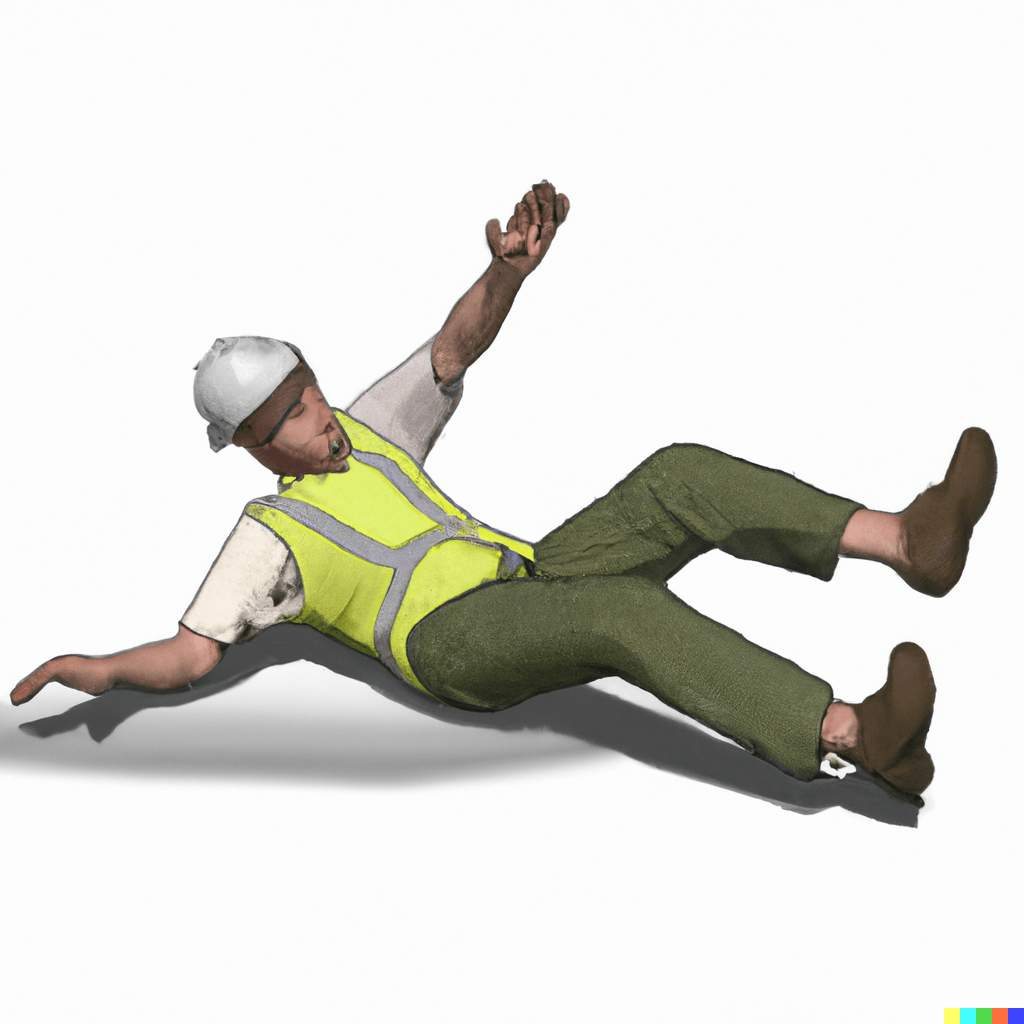Workplace Injuries in Ohio: Your Rights and Legal Options
Selph Law, 6047 Frantz Road Suite 101, Dublin OH 43017
Workplace injuries can be a significant setback, affecting your health, income, and future employment opportunities. In Ohio, understanding your rights and the legal options available is crucial for anyone who has suffered an injury at work. This comprehensive guide aims to provide clear insights into workers’ compensation and personal injury claims in the Ohio workplace.
Understanding Workers’ Compensation in Ohio
What is Workers’ Compensation?
Workers’ compensation is a state-mandated insurance program that provides compensation to employees who suffer job-related injuries and illnesses. In Ohio, most employers are required to have workers’ compensation insurance.
Your Rights Under Workers’ Compensation
Medical Benefits: Covers all necessary medical treatment related to your work injury or illness.
Wage Replacement: If you’re unable to work, you may receive wage replacement benefits, typically a portion of your regular wages.
Permanent Disability Benefits: If your injury results in permanent disability, you may be eligible for additional benefits.
Right to File a Claim: You have the right to file a workers’ compensation claim without fear of retaliation from your employer.
Filing a Workers’ Compensation Claim in Ohio
To file a claim, you must report your injury to your employer and file a claim with the Ohio Bureau of Workers’ Compensation (BWC). It’s essential to act quickly, as there are time limits for reporting injuries and filing claims.
Personal Injury Claims in the Workplace
While workers’ compensation is the primary recourse for workplace injuries, there are circumstances where a personal injury claim might be appropriate.
When to Consider a Personal Injury Claim
Third-Party Liability: If your injury was caused by someone other than your employer or a coworker, such as a contractor or equipment manufacturer, you might have a personal injury claim.
Employer’s Intentional Act: If your employer intentionally caused your injury, you may pursue a personal injury lawsuit.
Benefits of a Personal Injury Claim
Unlike workers’ compensation, a personal injury claim can provide compensation for full lost wages, pain and suffering, and punitive damages.
Steps to Take After a Workplace Injury
Seek Medical Attention: Your health comes first. Ensure you get the medical help you need.
Report the Injury: Notify your employer about the injury as soon as possible.
Document Everything: Keep detailed records of your injury, medical treatment, and any communications with your employer.
Consider Legal Advice: Consulting with a knowledgeable attorney can help you understand your rights and the best course of action.
Why Consult Selph Law for Workplace Injuries?
At Selph Law, we understand the complexities of Ohio’s workplace injury laws. Our experienced attorneys can guide you through the workers’ compensation process or evaluate whether you have a viable personal injury claim. We are dedicated to ensuring that you receive the full benefits and compensation you are entitled to.
Conclusion
Navigating the aftermath of a workplace injury in Ohio can be challenging. Understanding your rights to workers’ compensation and exploring personal injury claims are crucial steps. Remember, you don’t have to navigate this process alone. Selph Law is here to support you every step of the way.
For more information and personalized legal assistance, visit our website at www.SelphLaw.com.
This blog article is for informational purposes only and should not be construed as legal advice. Each situation is unique, and it is advisable to consult with a qualified attorney for advice on your specific circumstances.
Sub Categories
Recent Articles
-
 Jun 24, 2025Missing Work After a Car Accident in Ohio? Here’s How to Get Paid and What Insurance Won’t Tell You
Jun 24, 2025Missing Work After a Car Accident in Ohio? Here’s How to Get Paid and What Insurance Won’t Tell You -
 Jun 03, 2025Rear Ended but Still Being Blamed? Why Liability Isn’t Always Straightforward in Ohio Car Accident Claims
Jun 03, 2025Rear Ended but Still Being Blamed? Why Liability Isn’t Always Straightforward in Ohio Car Accident Claims -
 Jun 03, 2025Do I Have a Case? How to Know If Your Ohio Car Accident Qualifies for a Big Settlement
Jun 03, 2025Do I Have a Case? How to Know If Your Ohio Car Accident Qualifies for a Big Settlement -
 Jun 03, 2025How to Document Your Pain After a Car Accident in Ohio And Why It Can Add Thousands to Your Injury Claim
Jun 03, 2025How to Document Your Pain After a Car Accident in Ohio And Why It Can Add Thousands to Your Injury Claim

